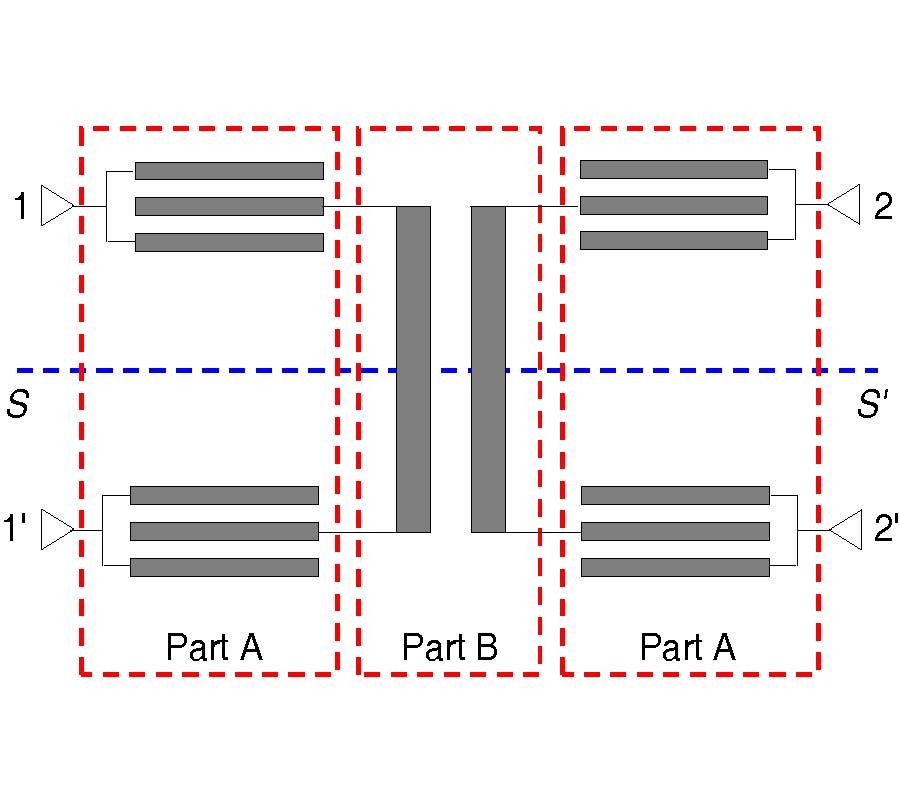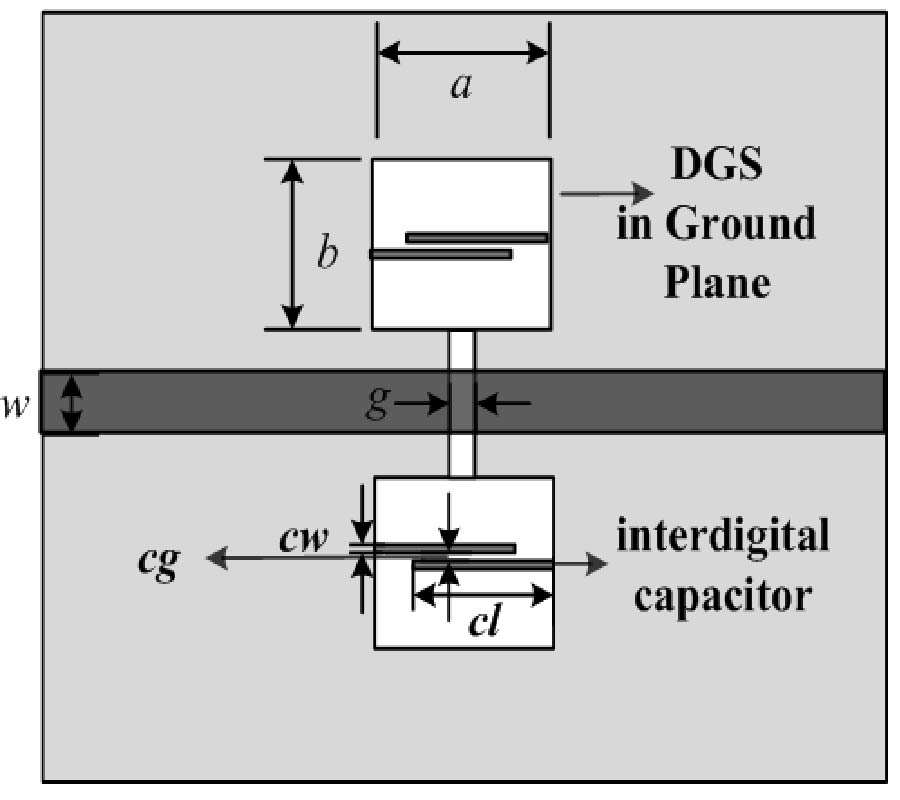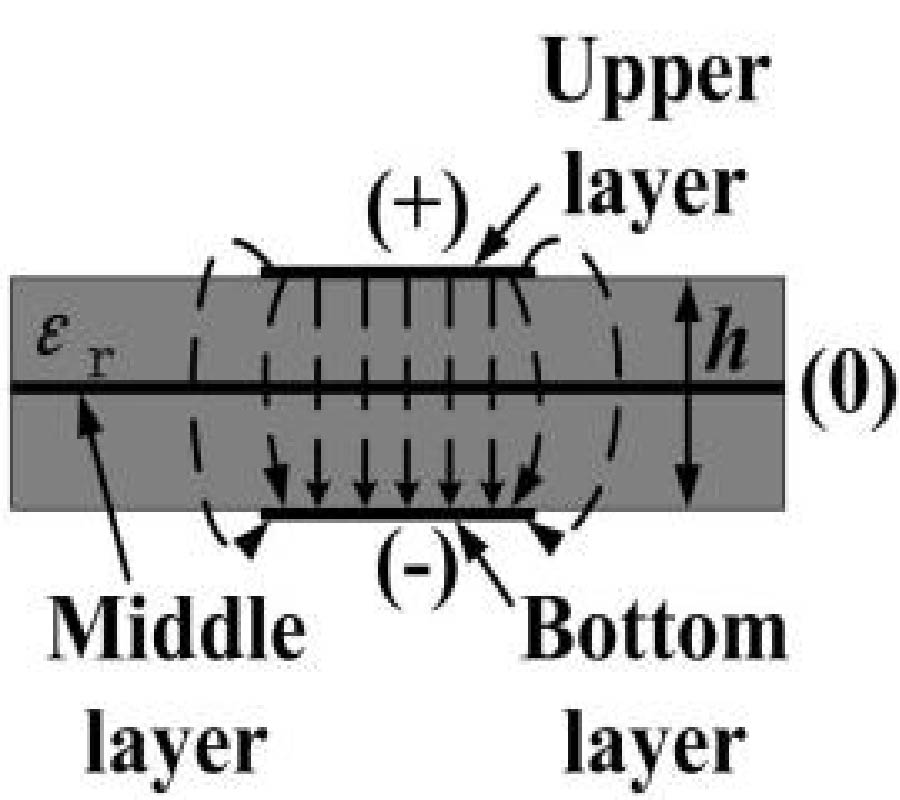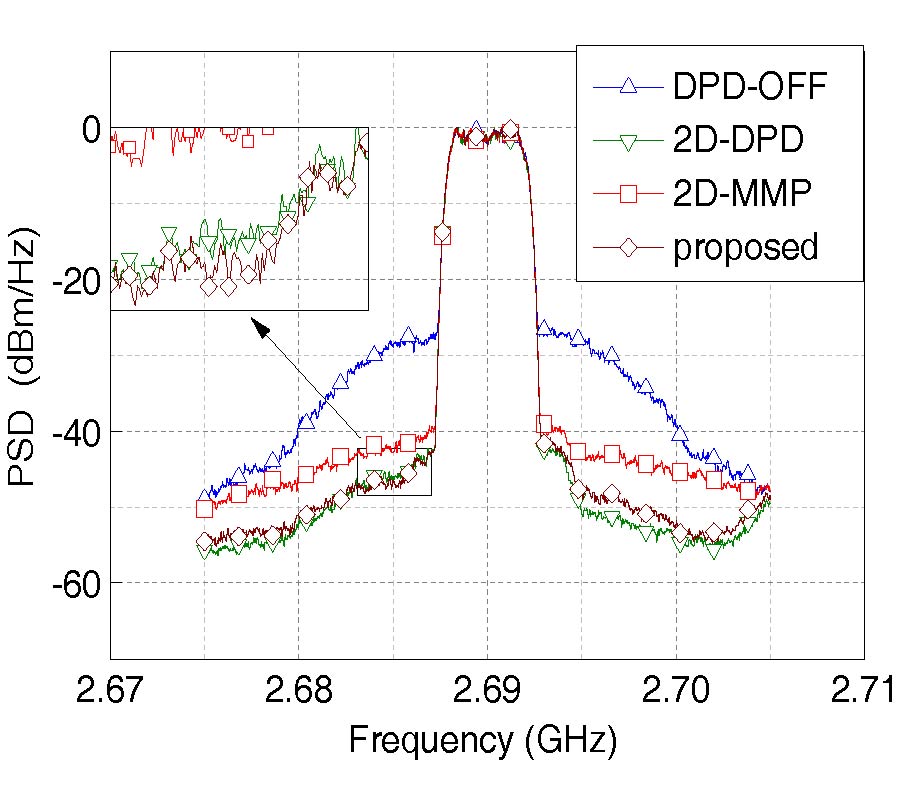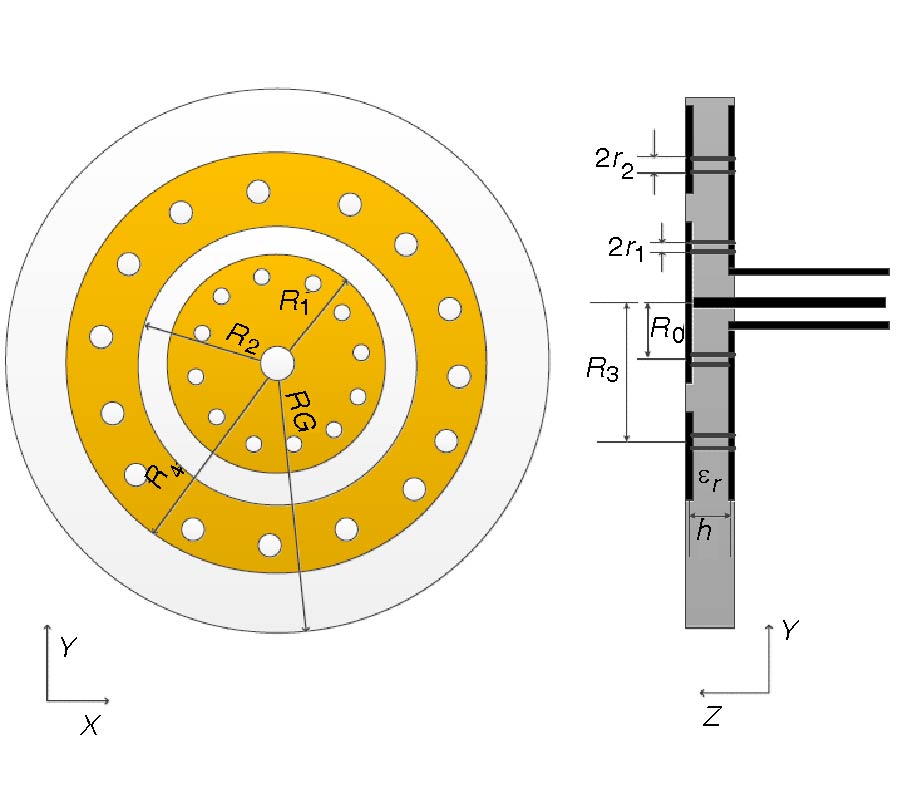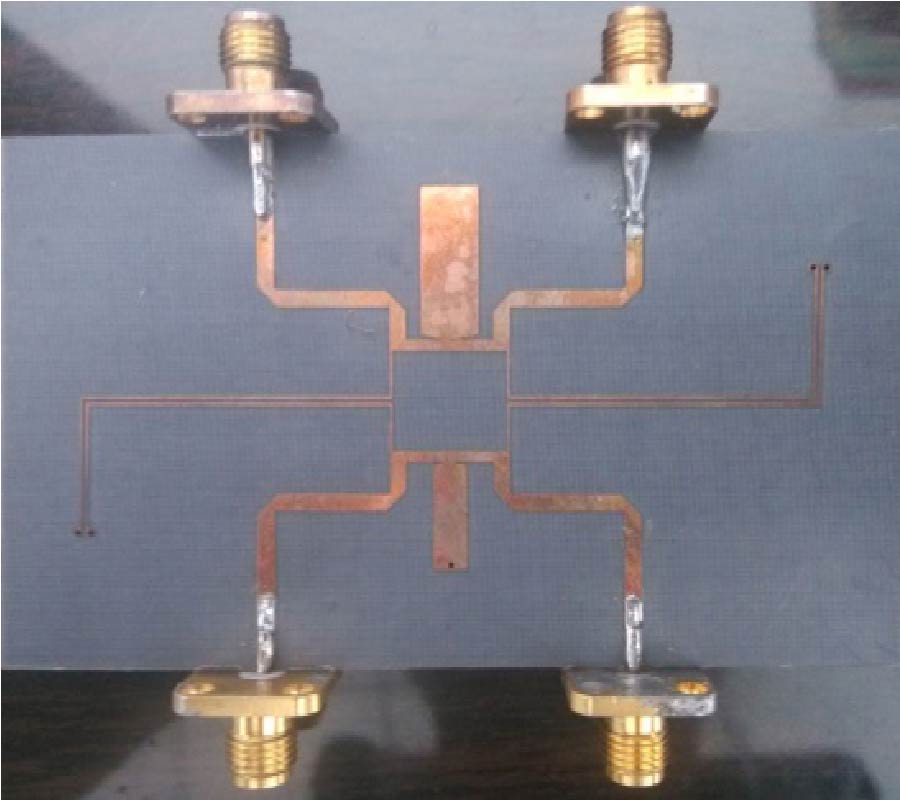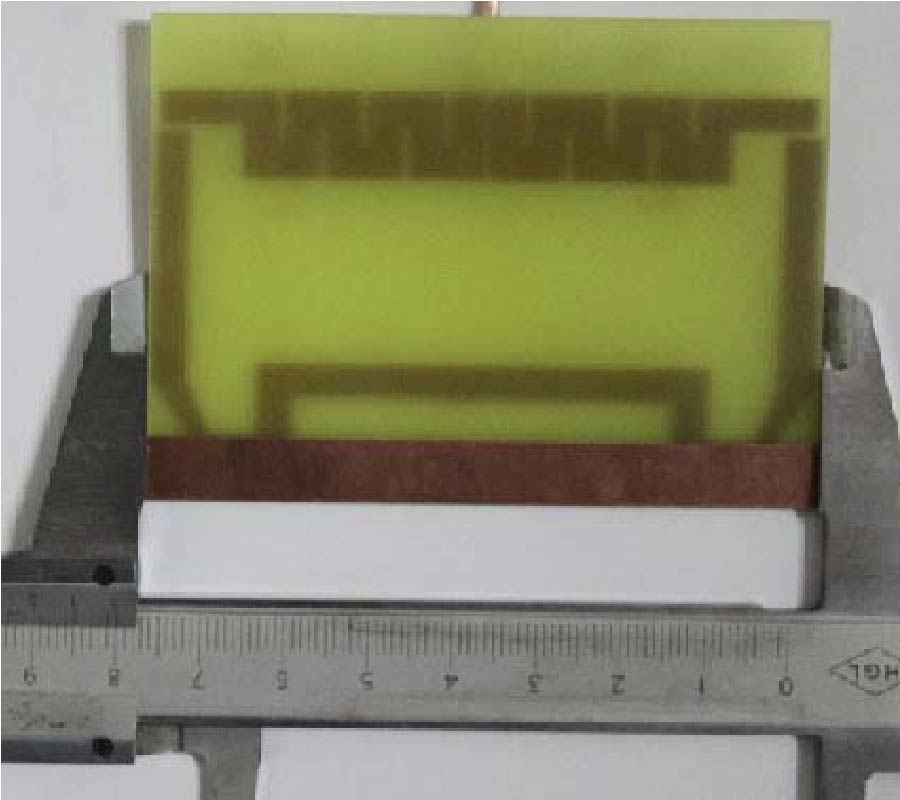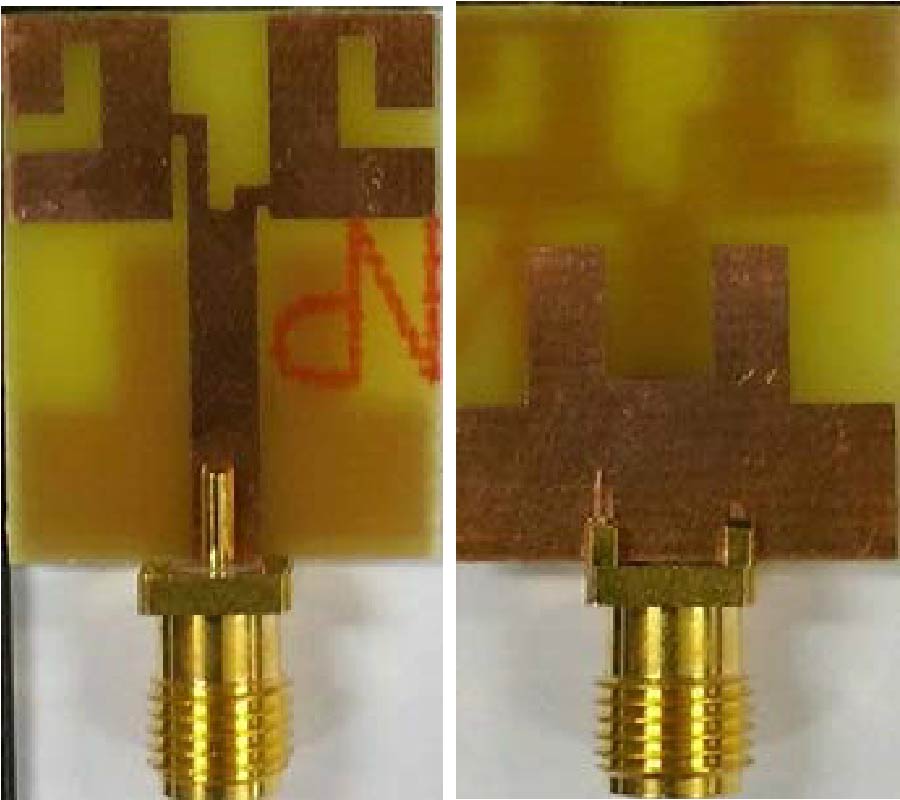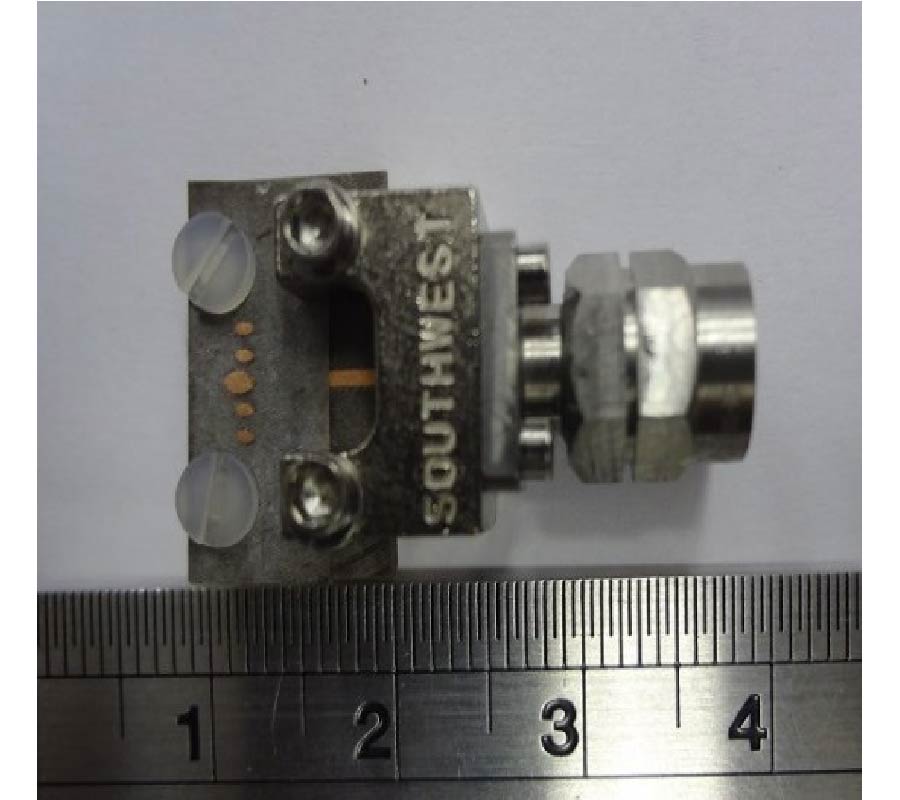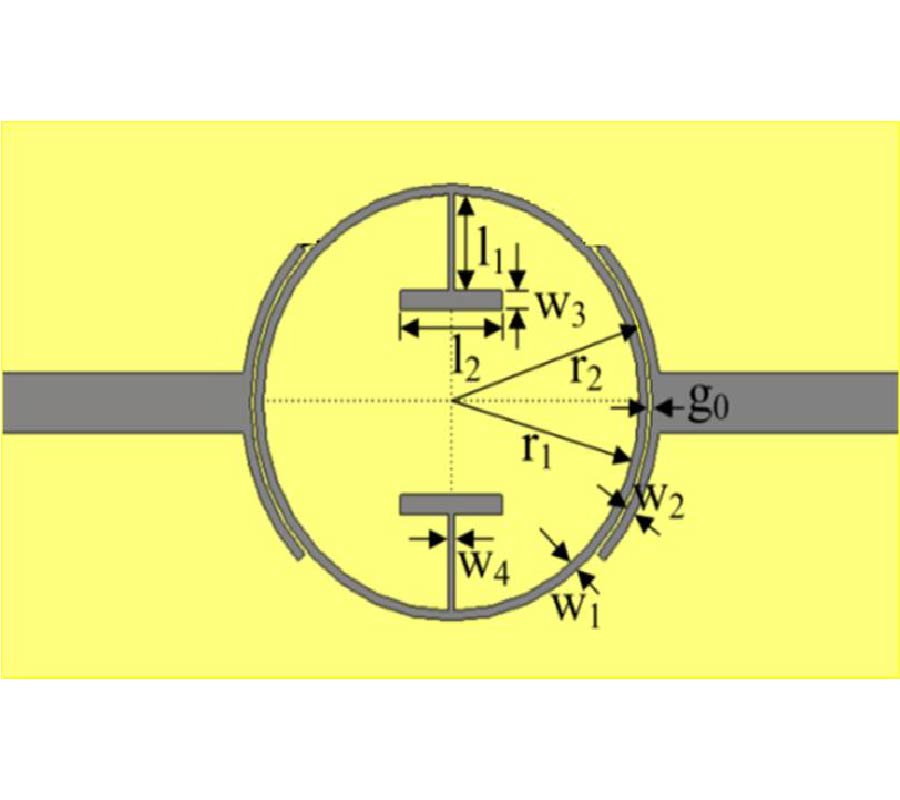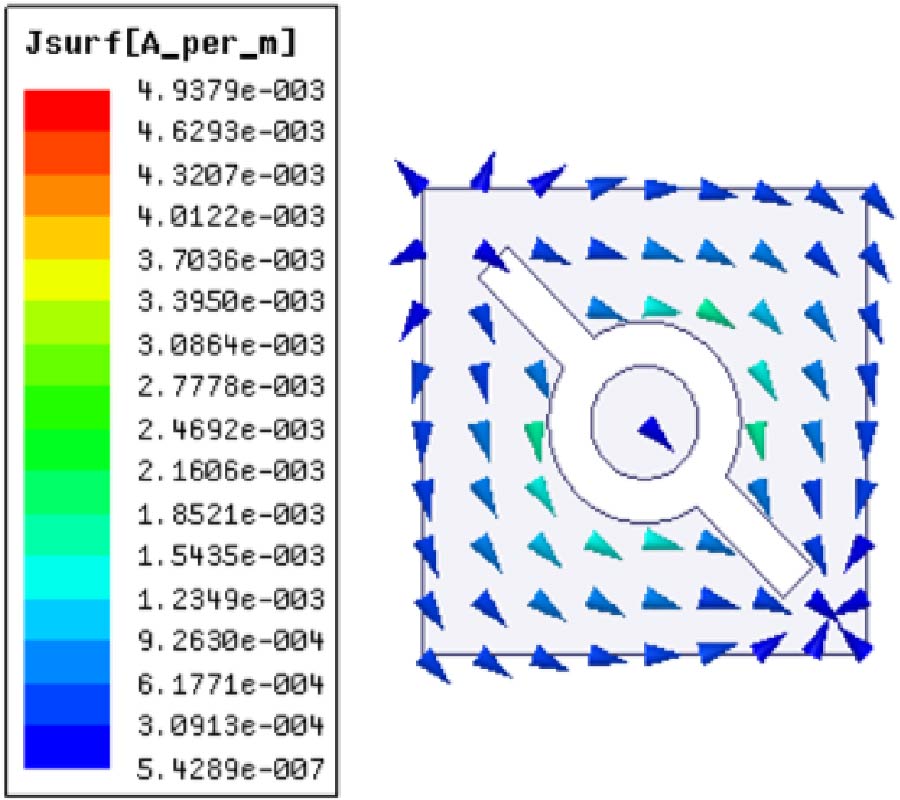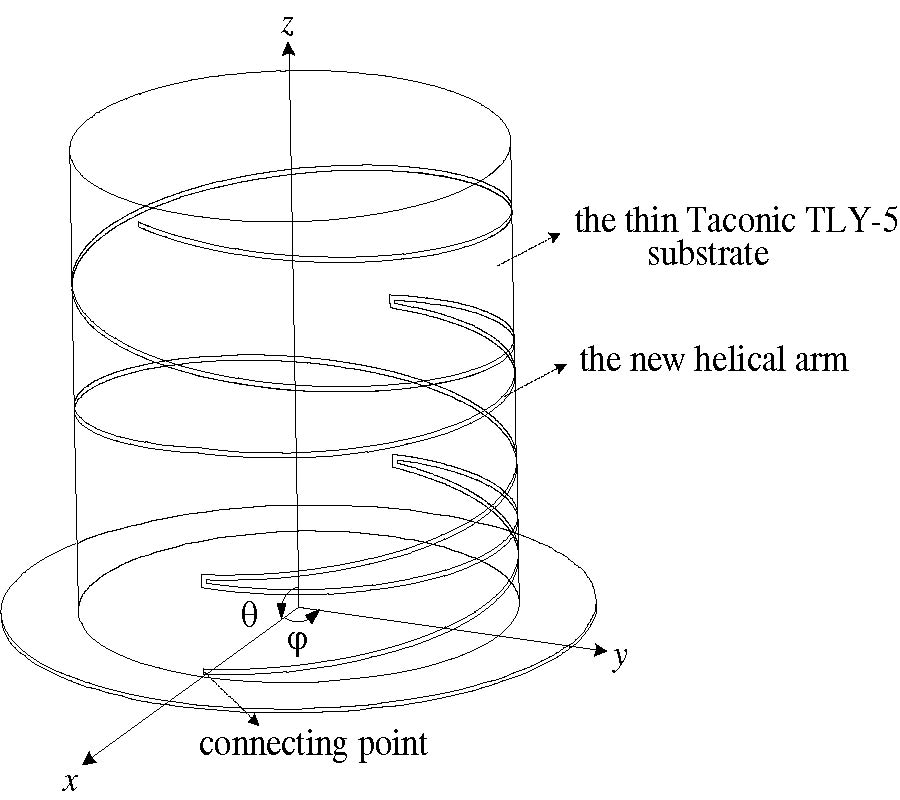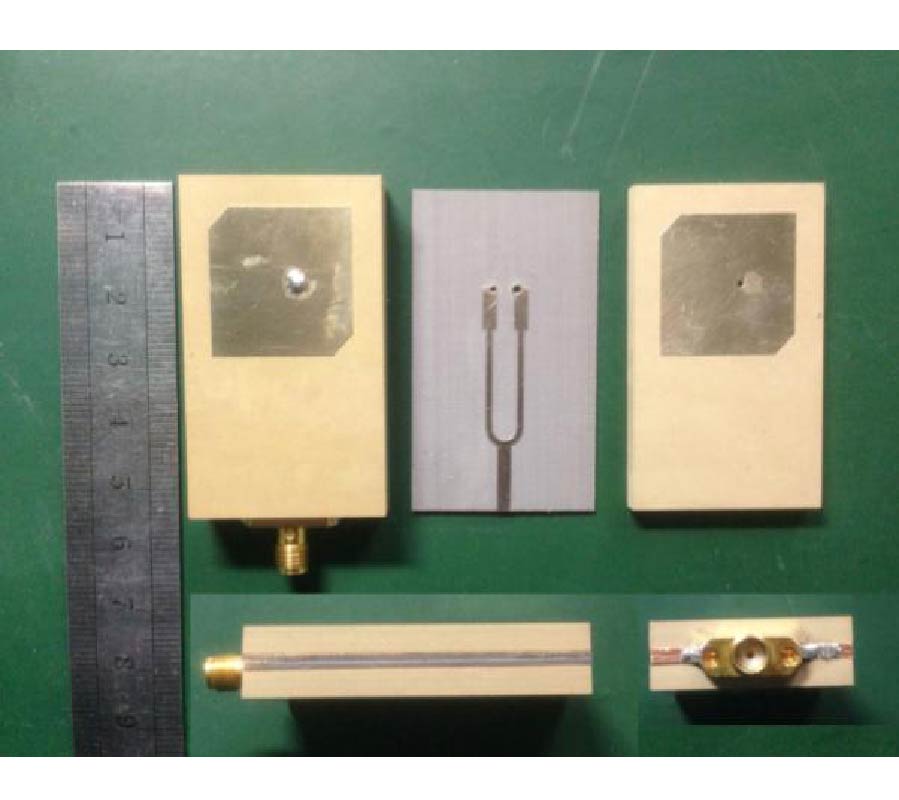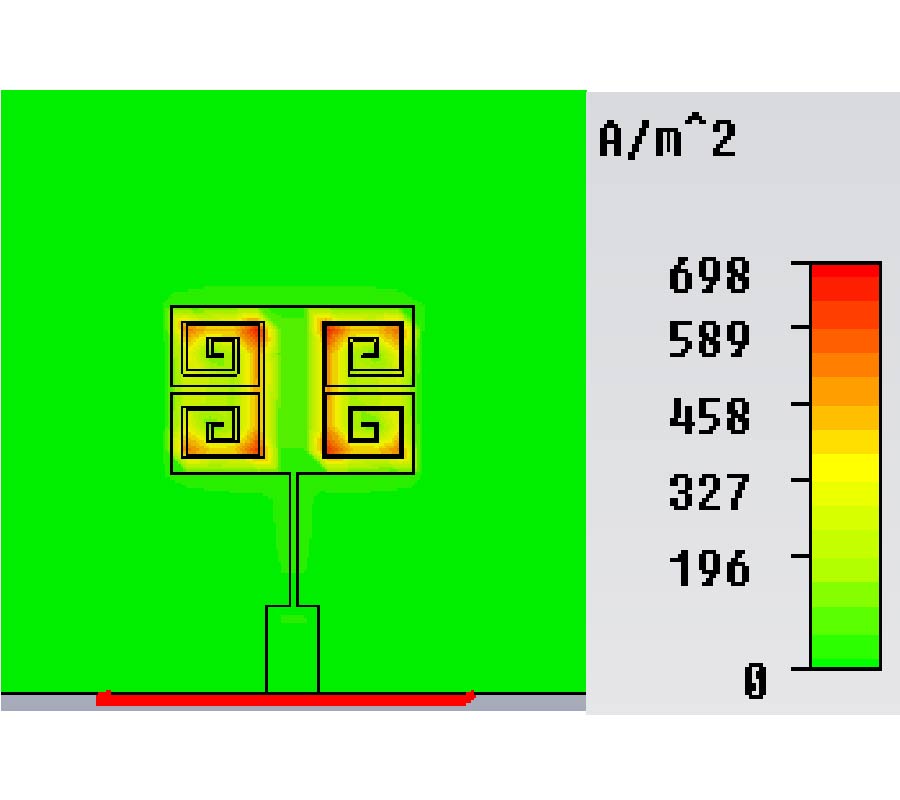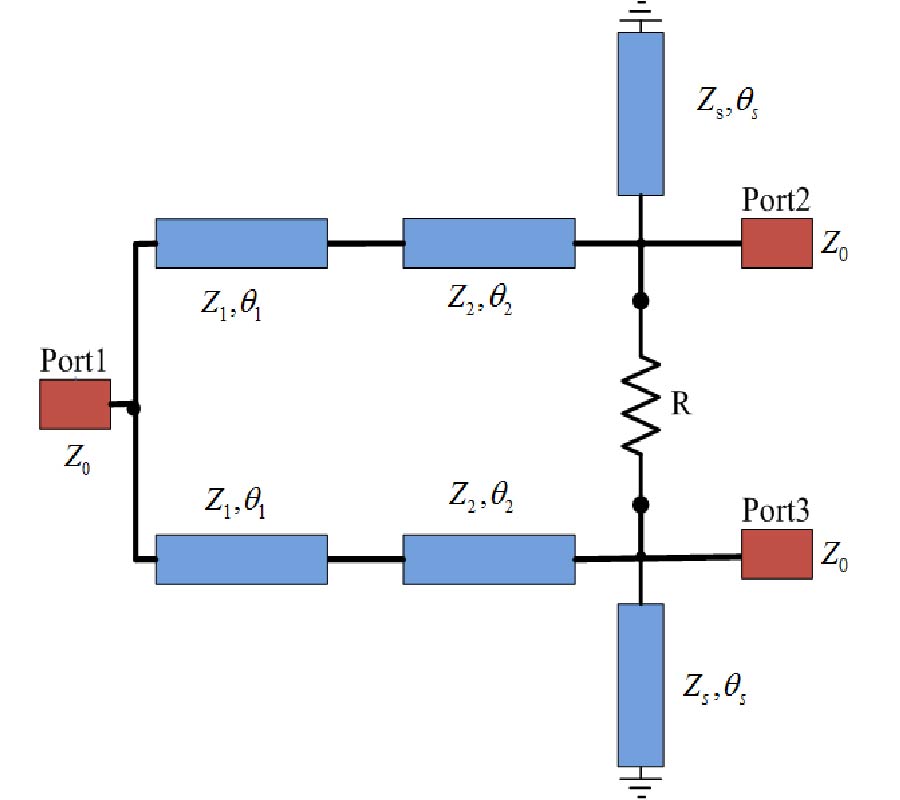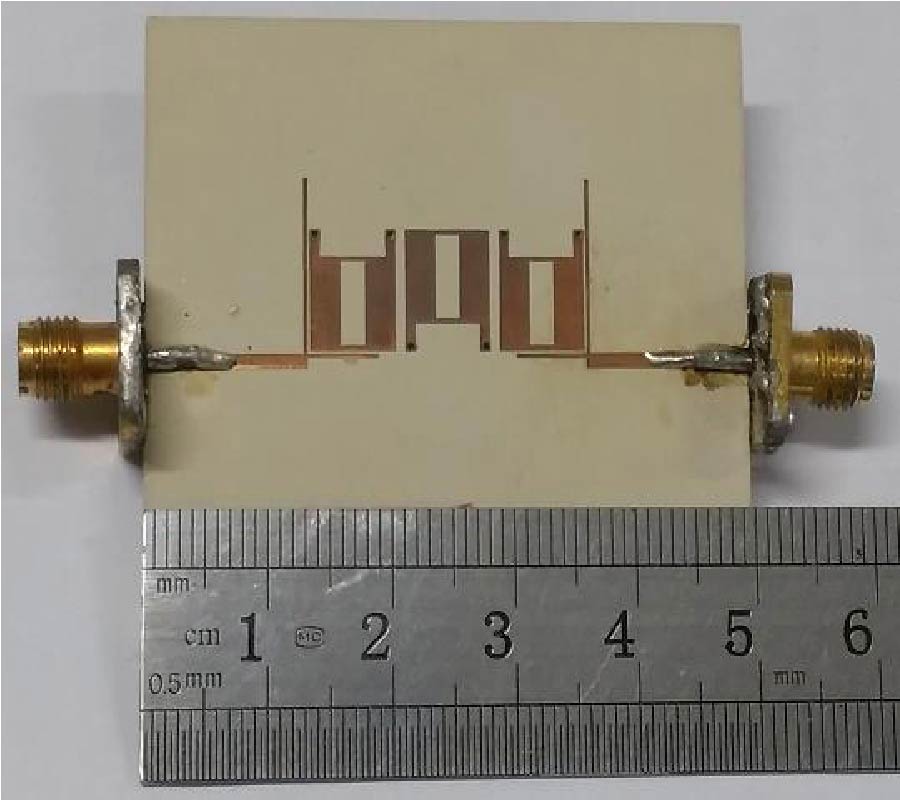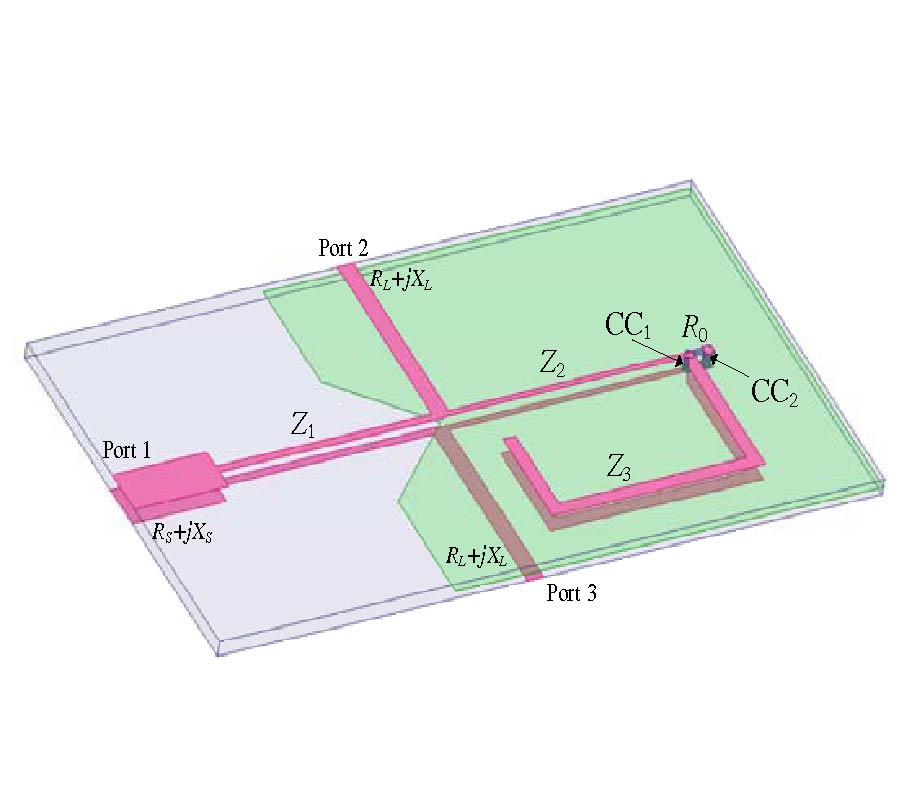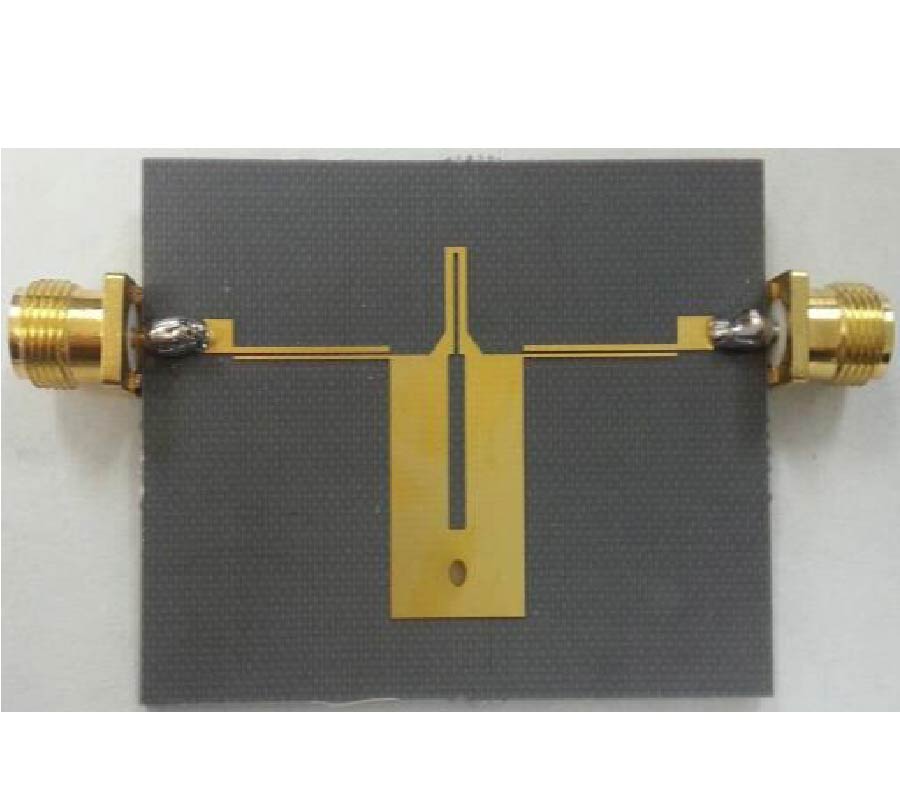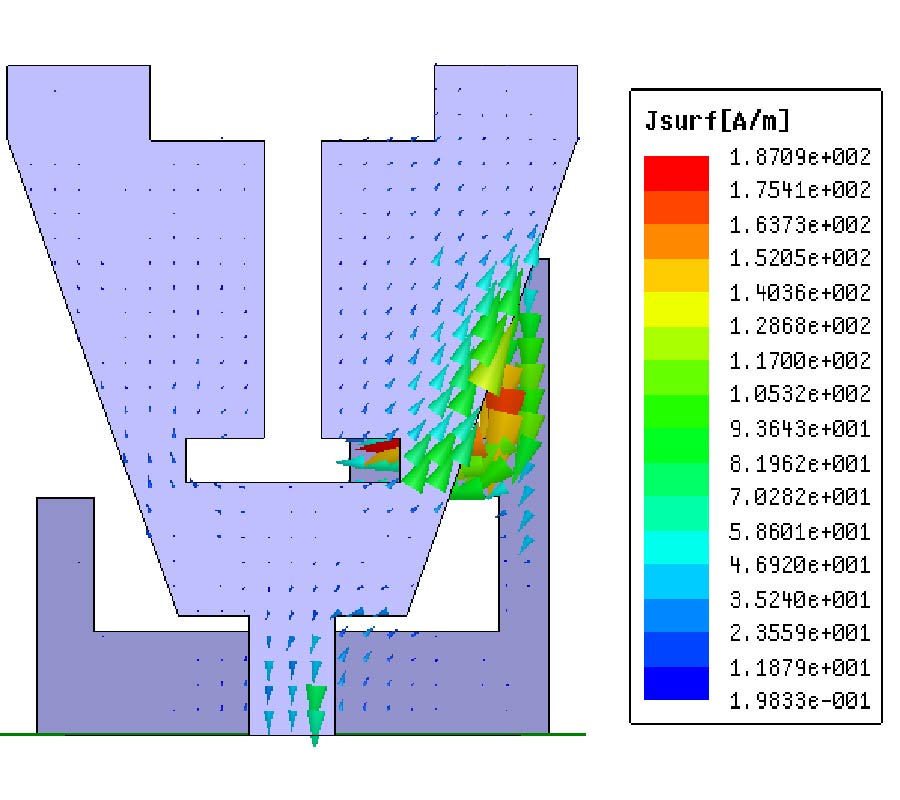A Compact Wideband Bandpass Filter Using a Coupled-Line Quad-Mode Resonator
Lixia Nan,
Yongle Wu,
Weimin Wang,
Shulan Li and
Yuan'an Liu
A novel, compact wideband bandpass filter based on an improved quad-mode resonator is proposed in this paper. Due to the usage of a coupled-line section, the resonator has a quad-mode behavior. The resonant frequencies can be tuned by regulating not only the electrical lengths, but also the characteristic impedances. Owing to the symmetry of the construction, even- and odd-mode analysis is utilized to analyze the proposed resonator. Finally, a wideband bandpass filter with 88% (2.1 to 5.4 GHz) relative bandwidth is designed, fabricated, and measured. The measured results are in good agreement with the simulated ones, which demonstrates the feasibility of the design approach.
